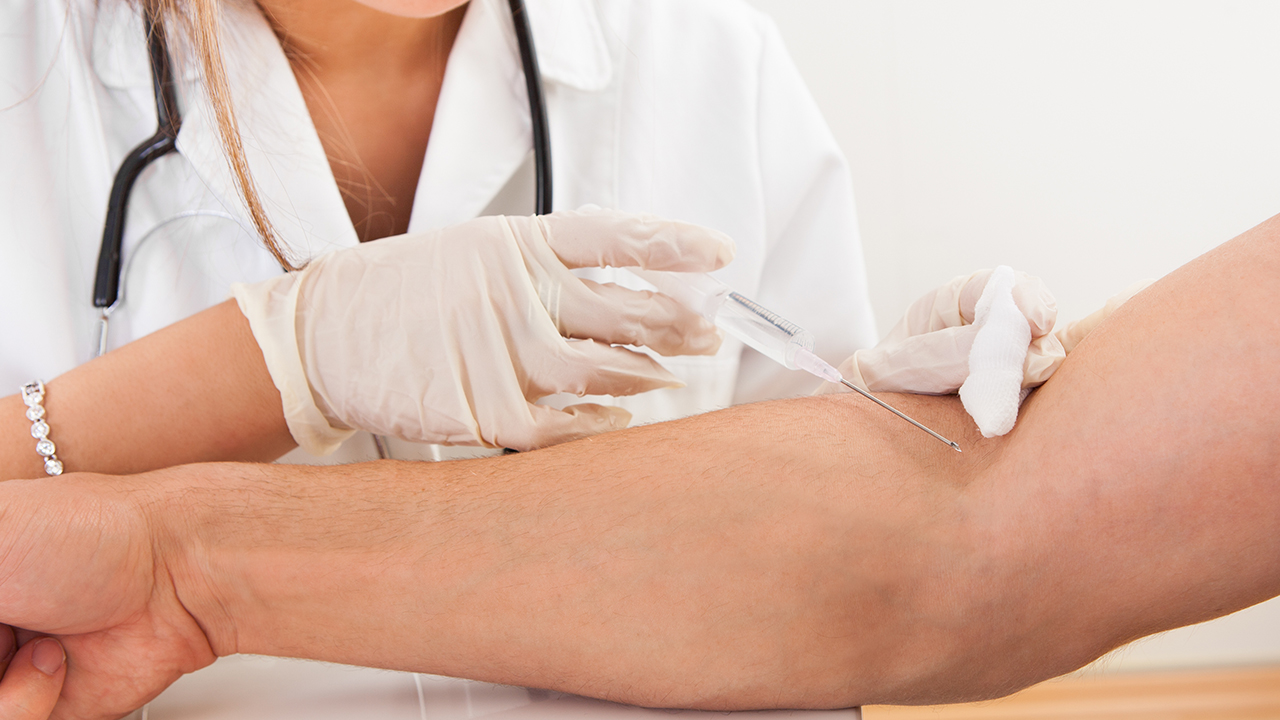Which groups are susceptible to cervical cancer?

Introduction
Cervical cancer is a type of cancer that occurs in the cells of the cervix, the lower part of the uterus that connects to the vagina. It is the fourth most common cancer among women worldwide, and it is estimated that over 570,000 new cases will be diagnosed in 2018.
Risk factors for cervical cancer
There are a number of risk factors that can increase a woman's risk of developing cervical cancer, including:
Human papillomavirus (HPV) infection: HPV is the most common sexually transmitted infection (STI) in the United States, and it is the leading cause of cervical cancer. There are over 100 different types of HPV, and some types are more likely to cause cancer than others.
Smoking: Women who smoke are more likely to develop cervical cancer than women who do not smoke. Smoking damages the cells of the cervix, making them more susceptible to HPV infection.
Weakened immune system: Women who have a weakened immune system are more likely to develop cervical cancer. This includes women who have HIV/AIDS, women who are taking immunosuppressant drugs, and women who have had an organ transplant.
Early age of first sexual intercourse: Women who have their first sexual intercourse at a young age are more likely to develop cervical cancer. This is because their cervix is still developing and is more susceptible to HPV infection.
Multiple sexual partners: Women who have multiple sexual partners are more likely to develop cervical cancer. This is because they are more likely to be exposed to HPV.
Other sexually transmitted infections (STIs): Women who have other STIs, such as chlamydia or gonorrhea, are more likely to develop cervical cancer. This is because these STIs can cause inflammation of the cervix, which can make it more susceptible to HPV infection.
Symptoms of cervical cancer
The early stages of cervical cancer often do not cause any symptoms. As the cancer progresses, it can cause a number of symptoms, including:
Vaginal bleeding: This is the most common symptom of cervical cancer. It can occur between periods, after menopause, or after intercourse.
Pelvic pain: This can be a sign of advanced cervical cancer.
Unusual vaginal discharge: This can be a sign of early cervical cancer.
Pain during intercourse: This can be a sign of advanced cervical cancer.
Weight loss: This can be a sign of advanced cervical cancer.
Diagnosis of cervical cancer
Cervical cancer is diagnosed with a Pap test. A Pap test is a procedure in which cells are collected from the cervix and examined under a microscope. A Pap test can detect abnormal cells that may indicate cervical cancer.
If a Pap test shows that there are abnormal cells, a biopsy may be necessary to confirm the diagnosis of cervical cancer. A biopsy is a procedure in which a small sample of tissue is removed from the cervix and examined under a microscope.
Treatment for cervical cancer
The treatment for cervical cancer depends on the stage of the cancer. The stage of the cancer is determined by the size of the tumor, whether it has spread to other parts of the body, and whether there are any lymph nodes involved.
The treatment for early-stage cervical cancer may include surgery, radiation therapy, or chemotherapy. The treatment for advanced-stage cervical cancer may include surgery, radiation therapy, chemotherapy, or immunotherapy.
Prevention of cervical cancer
There are a number of things that women can do to reduce their risk of developing cervical cancer, including:
Getting vaccinated against HPV: The HPV vaccine is a safe and effective way to prevent HPV infection. The vaccine is recommended for all girls and boys between the ages of 11 and 12.
Practicing safe sex: Using condoms can help to prevent the spread of HPV and other STIs.
Getting regular Pap tests: Pap tests can detect abnormal cells that may indicate cervical cancer. Pap tests are recommended for all women between the ages of 21 and 65.
Quitting smoking: Smoking damages the cells of the cervix, making them more susceptible to HPV infection.
Maintaining a healthy immune system: Eating a healthy diet, getting regular exercise, and getting enough sleep can help to strengthen the immune system.
Conclusion
Cervical cancer is a serious health problem, but it can be prevented and treated. By following the tips in this article, women can reduce their risk of developing cervical cancer and improve their overall health.
The above is all the content that the editor wants to share with you. I sincerely hope that these contents can bring some help to your life and health, and I also wish that your life will be happier and happier.
Tags: #are #groups #which














